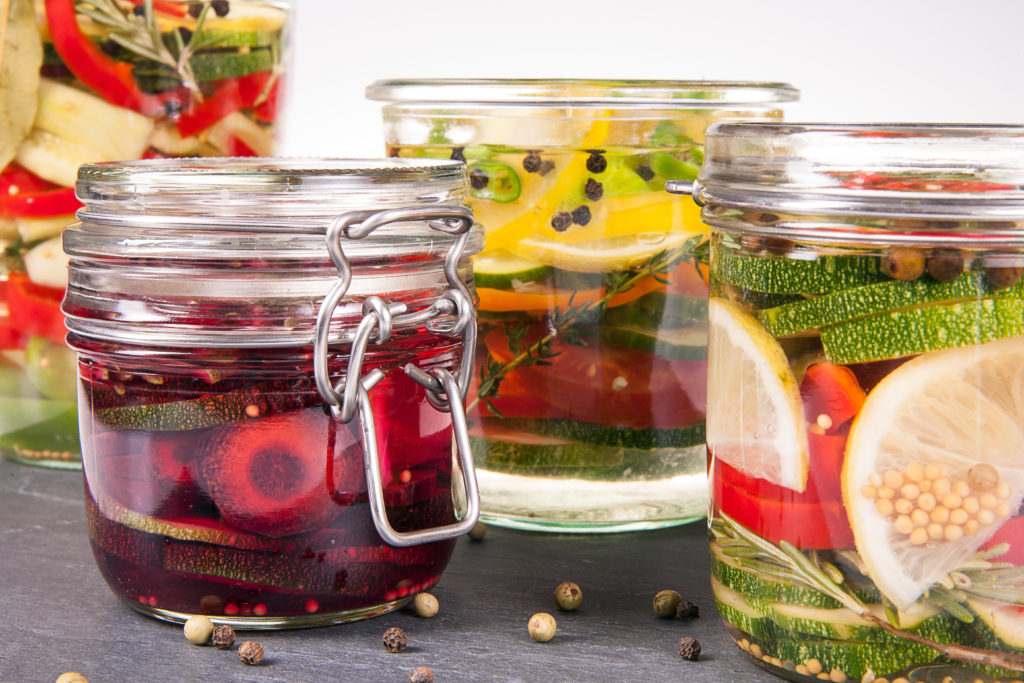The intestines with fermented vegetables a boost
Earlier vegetables was fermented to make it for the cold Season durable. Today, the Ferment is appreciated but also because of its good compatibility and aromatic taste. The vegetables are not only more durable, but it also strengthens the intestines and the immune system.
Daily eat more vegetables
Health experts recommend daily to consume at least five to ten servings of fruits and vegetables. This supplies your body with important vitamins and minerals and protects against diseases. In the winter months, the selection of fresh vegetables is limited, however. But you can then rely on fermented vegetables. Even so, you are doing something Good for his health.

Stock up for the cold Season
The Fermentation of vegetable was originally used to make a vegetable stock for the cold Season.
But today, consumers appreciate the inside and the consumer of the Fermented also because of its good compatibility and aromatic taste.
As a raw food Supplement to a meal, as an ingredient in a salad, as a Topping on the soup or as Sandwich toppings: fermented vegetable, is versatile.
The basic principle is quite simple: “vegetables cut into small pieces, grate or mash together with salted water in screw-top jars to ferment,” explains Annegret Hager, nutrition expert with the consumer service Bavaria in the KDFB e. V. in a communication.
In particular, lactic acid bacteria, which are, of course, on the food available to transform the vegetable sugars into gases, alcohol, and acids.
Intestinal flora and immune system are strengthened
The Fermentation is completed after about one week of storage at room temperature and the contents of the jars, refrigerated, for up to a year shelf life.
“It is particularly positive to fermented vegetables contained in the lactic acid bacteria. You strengthen our intestinal flora and our immune system,“ explains Hager:
“The fermentation process also improves the availability of minerals and at the same time reduces the amount of undesirable plants, substances in the vegetables such as Oxalic or phytic acid”. (ad)
